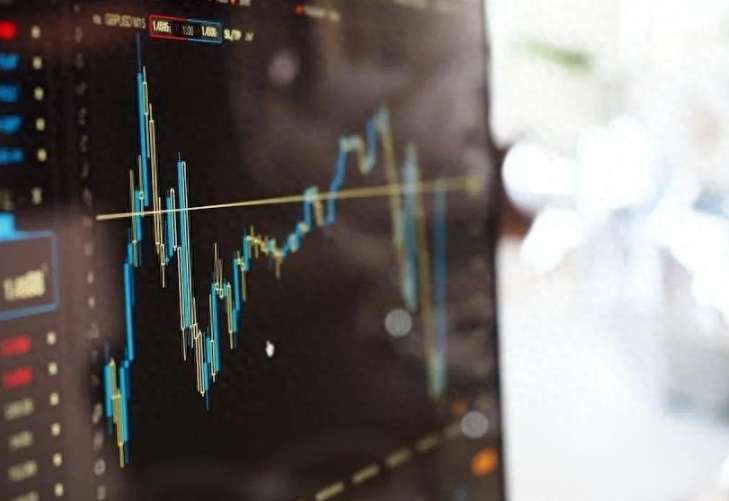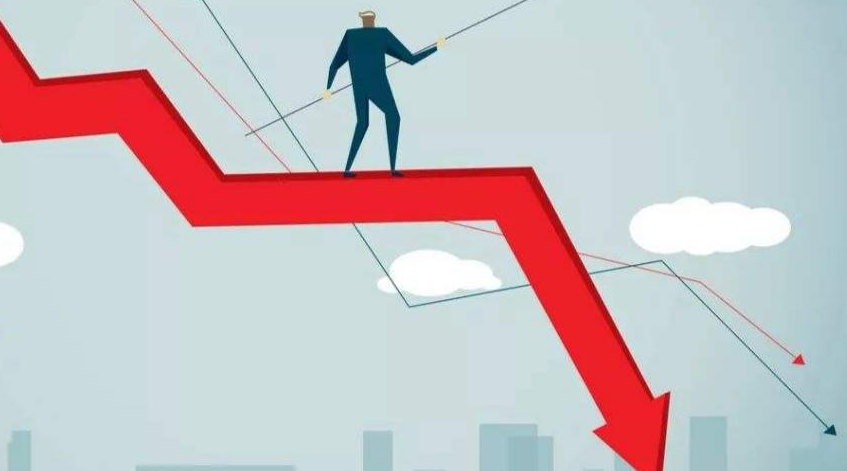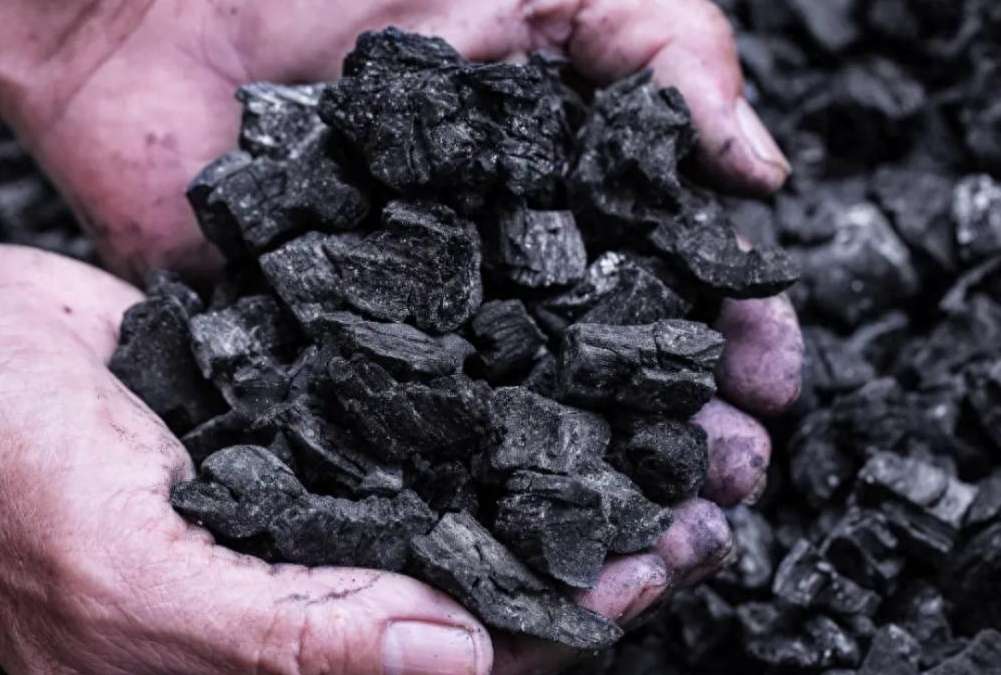As the curtains rise on the 2024 annual report season, significant changes to the delisting rules within China's securities market have set the stage for a turbulent landscape. Major exchanges in Shanghai, Shenzhen, and Beijing have revised their regulations on stock issuance and delisting standards, heralding what many professionals in the industry are calling the most stringent delisting protocol ever introduced. The new rules, instigated in April 2024, are not merely procedural adjustments but a necessary measure to instill a deeper sense of accountability among publicly traded companies.
The backdrop of this shift lies in the undeniable challenges facing the A-share market. With over 4,000 public companies by the end of 2020, the rapid expansion of listings—particularly with the launch of institutions like the STAR Market and ChiNext—called for a reassessment of existing regulations. Previously, these regulations had been lenient to the point of absurdity; for example, a mere 146 companies had been delisted during a 30-year period from 1990 to 2020, setting a concerning precedent that necessitated these recent reforms.
The regulatory tightening is already yielding palpable consequences. In the four years between 2021 and 2024, the A-share market has seen 171 companies completely removed from trading—surpassing the total number of delistings from the previous three decades. In the first quarter of 2024 alone, a historic record was established with 55 companies facing delisting—a statistic that heightens the urgency and relevance of the current market conditions. Under the revised sets of rules, companies are now categorized into four major classifications for potential delisting: financial issues, standard violations, serious legal offenses, and trading-related issues.
This transition comes with a myriad of new stipulations aimed at enhancing the integrity of the market. For instance, strict financial standards have been introduced, raising the bar for companies on the main board experiencing financial loss. The rules seem to be aimed more pointedly now at ensuring quality over quantity within the stock market, as evidenced by a considerable increase in the required market capitalization limits for delisting. Where stocks were previously allowed to survive on the back of questionable practices, these new measures enforce stricter guidelines that compel businesses to be more diligent and transparent in their operational conduct.
However, despite these reforms, the atmosphere presents an immediate sense of peril for companies that linger in financial distress. As the withdrawal from IPOs continues to reach unprecedented heights—431 retracted in 2024 alone—the implications on company stability and investor confidence fuel a precarious environment. Companies like *ST Boxin and *ST Meixun are already teetering on the edge of market delisting thresholds, as their valuations languish below the newly heightened expectations. A concerning prediction emerges: the likelihood of further delistings in 2025 is on the rise, potentially leading to intervals of significant market volatility.
The growing list of companies at risk illustrates the precarious juggling act faced by investors and analysts alike: where once it seemed reasonable to gamble on low-priced or poorly performing stocks for the chance of a turnaround, the stakes have become higher in a world exploring stringent delisting regulations. The current investment ethos is shifting, pushing investors to tread cautiously and strategically avoid the increasingly hazardous terrain presented by the new compliance landscape.
Looking ahead, the tightening of delisting rules, while being a temporary nuisance to some, is seen as a necessary evolution in the journey towards a more mature capital market. The intention is to cultivate an investment ecosystem that not only encourages quality and innovation within the listed companies but also represents the fundamentals of a thriving economy. Investors are likely to see more robust operational standards and an emphasis on financial reporting integrity—requirements that are critical as the A-share market transitions into a more robust framework.
Historically, financial markets have reflected the health of their respective economies. Delisting and the sheer volume of companies experiencing it serve as a dramatization of economic realities. As exemplified in mature markets like the United States where rigorous delisting policies contribute to a healthful turnover of stocks, the A-share market is poised to undergo a transformative shift. The marketplace will likely yield tighter supply chains of more credible enterprises, resulting in a stock selection that is driven not by speculative trading but foundational stability and growth potential.
In essence, the developments taking place in the Chinese financial markets are reflective of a broader trend that prioritizes sustainability and accountability. Investors and companies alike are now faced with the expectation of maintaining elevated standards, or risk facing the consequences of lowered valuations and market exit. As the nation’s economy continues to ascend in sophistication and global competitiveness, these financial reforms signal an important turning point.
While this all feels like tumultuous waters now, the broader implication is promising. A potential for a market where quality takes precedence over mere survival encourages a culture of performance. With quality companies receiving appropriate recognition and valuation, the effects likely contribute not just to individual wealth, but also to national economic prosperity. This transitional period could very well mark a new era, strengthening investor confidence and supporting sustainable economic progress.
In conclusion, while the path forward may be wrought with uncertainties, the stringent new delisting policies are emblematic of a market learning from its past errors. Implementing these regulations might appear daunting; however, they could usher in a new age of credibility and prosperity for investors, ultimately solidifying the A-share market as a robust pillar in China's ongoing economic narrative.






























Share Your Thoughts